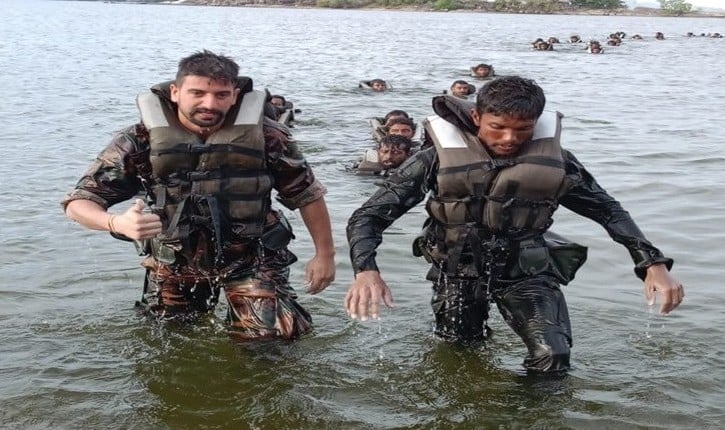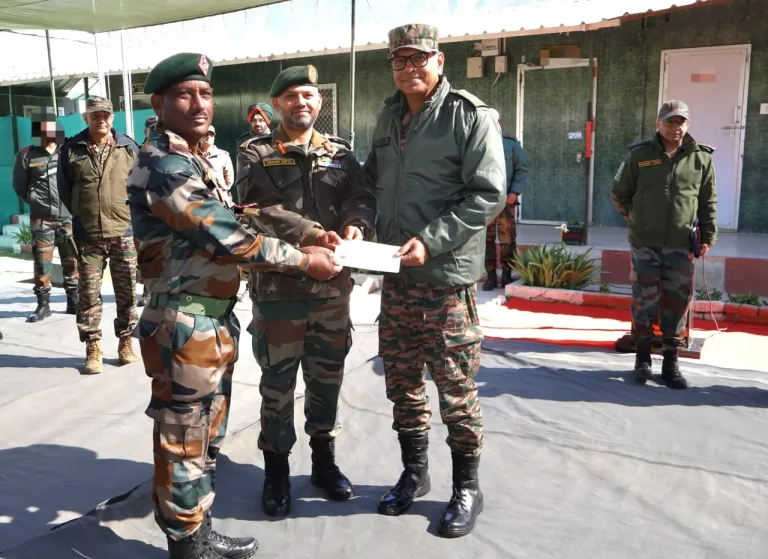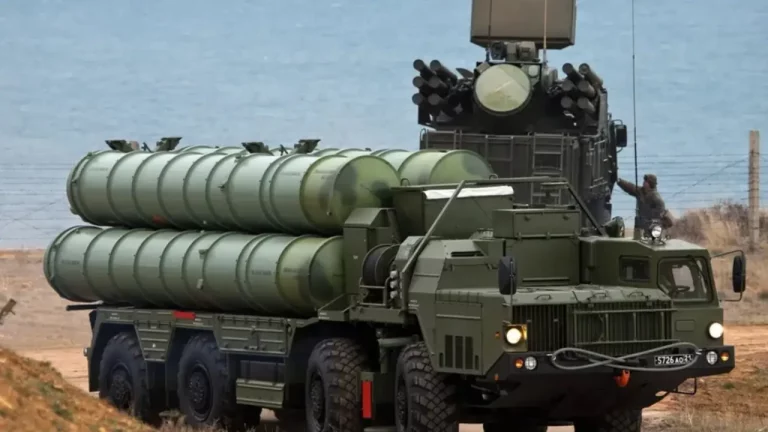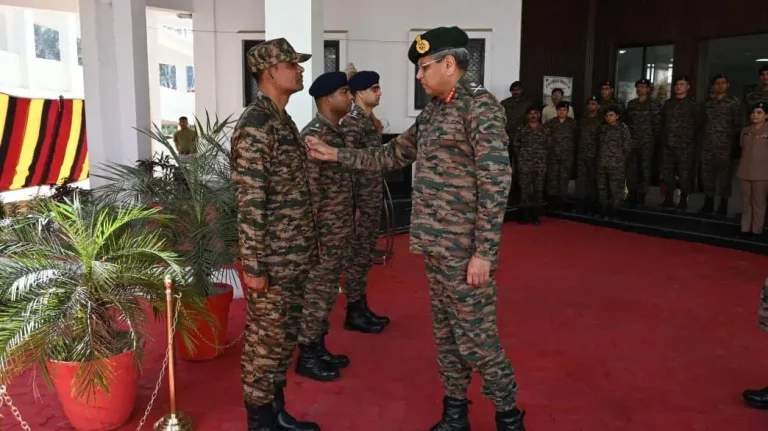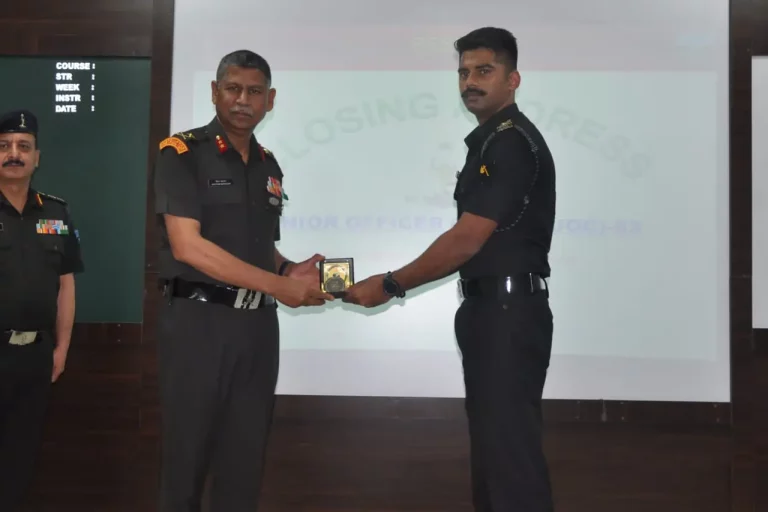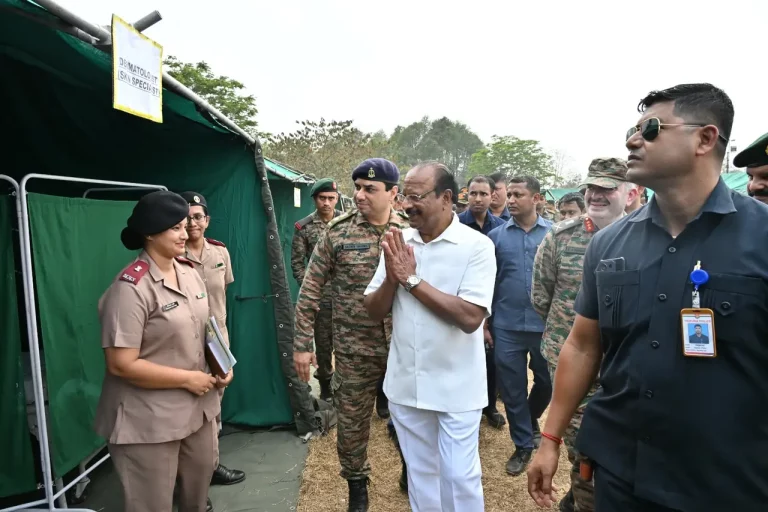In a remarkable display of perseverance and tactical expertise, two Non-Commissioned Officers (NCOs) from the Indian Army have successfully completed the rigorous Survival, Escape, Evasion, and Combat Tracking Course at the Special Forces Training School in Sri Lanka. The program, which ran from February 24 to June 11, 2025, spanned 16 weeks and posed significant challenges, requiring participants to extend their physical and mental limits.
Havildar Bhim Singh and Naik Lalit Thakur excelled amidst a demanding curriculum that included survival training in dense jungles, endurance exercises lasting up to 20 hours at sea, and high-pressure scenarios focused on combat tracking through hostile environments. Havildar Bhim Singh, representing the Counter-Insurgency and Jungle Warfare School (CIJWS) located in Vairengte, Mizoram, earned the prestigious title of Best Foreign Student. This award signifies not only personal accomplishment but also reflects the high standards of training upheld by the Indian Army.
The course’s design is rooted in enhancing psychological resilience and physical adaptability, aligned with global military training standards. Research published in the Journal of Applied Physiology in 2019 emphasizes the long-term benefits of enduring training under extreme conditions, further validating the importance of such programs in building soldier endurance.
Beyond individual achievement, this milestone underscores the strengthening defense relationship between India and Sri Lanka. Historically complex, the bilateral military ties have evolved significantly since the Indian Peace Keeping Force mission period from 1987 to 1990. Current strategic cooperation is increasingly vital, especially given concerns over China’s expanding influence in the Indian Ocean Region, as highlighted in a 2024 report by the RAND Corporation.
The accomplishments of Havildar Singh and Naik Thakur not only reflect personal dedication and skill but also serve as a proud moment for the Indian Army, reinforcing the importance of regional collaboration in ensuring collective security in South Asia.
